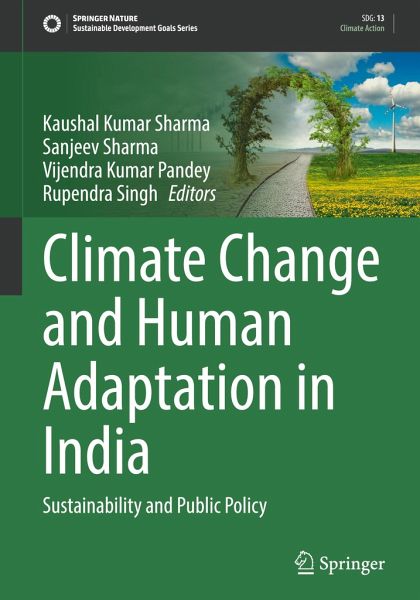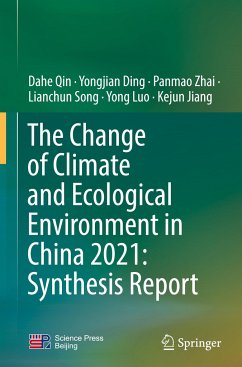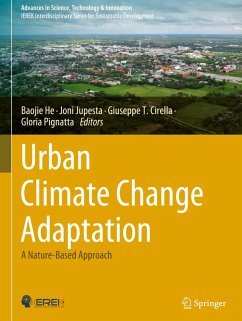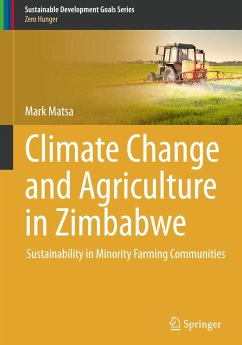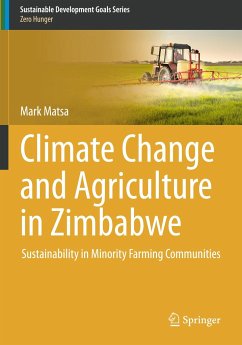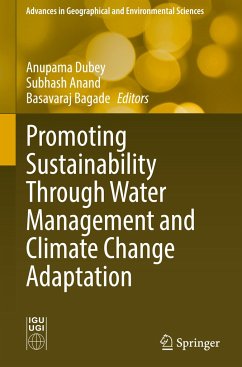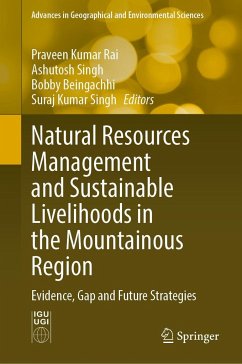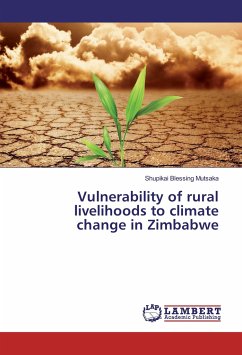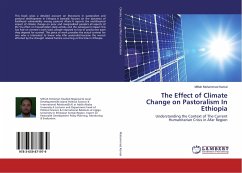Dr. Kaushal Kumar Sharma is a Professor of Geography in the Centre for the Study of Regional Development and the Dean of the School of Social Sciences at Jawaharlal Nehru University, New Delhi. His areas of specialization include regional development planning, water resources management, disaster risk reduction, landslides, and applied physical geography. Previously, he served as an Associate Professor in the Department of Geography at Kirori Mal College, University of Delhi, Delhi. With over four decades of teaching experience at the undergraduate, postgraduate, and research levels, he has led numerous research projects funded by the Department of Science and Technology, Ministry of Science and Technology, Government of India; Planning Commission; University Grant Commission; and THDC-SEVA. His primary research focuses on landslide hazard and risk assessment, the impact of climate change on communities, water resource management, and rural development.Dr. Sharma has successfully implemented several action-based research projects for rural transformation in the Himalayas, funded by SEVA-THDC. This project stands as an exemplary effort by an academician to improve the lives of communities residing in remote areas. He has authored numerous books, research papers in leading journals, and book chapters. Dr. Sanjeev Sharma Dr. Sanjeev Sharma is presently working as Associate Professor in the Centre for Study of Regional Development, School of Social Science, Jawaharlal Nehru University New Delhi -India, since 2017. Over the past one and half decades he has worked in different academic and research institute in India viz. Dr. Ambedkar International Centre, MoSJE, Govt. of India, Dr. H.S. Gour Central University of Sagar (M.P.), IISER, Mohali, WWF-India and G. B. Pant National Institute of Himalayan Environment (NIHE). He has been worked in the higher altitude region of western Himalaya on various society-nature and environmental issues. He has developed many conservations model for resource management and sustainability for natural resource conservation and socio-economic transformation in the western Himalaya. His work is extensively focused on field based applied research with local community to know the grassroot level issues and develop model other related stakeholders. He has more than 50 International and National research publications to his credit in Journals, Book Chapters, Proceedings and Popular articles etc. He has completed and presently working on Research Project funding from ICSSR, ONGC, THDC and Deptt. of Wildlife Protection, Jammu & Kashmir etc. Dr. Vijendra Kumar Pandey is currently serving as an Assistant Professor in the Department of Geography at Kirori Mal College, University of Delhi, Delhi. He holds a Master's and Ph.D. in Geography from the Centre for the Study of Regional Development, Jawaharlal Nehru University, New Delhi. His areas of specialization encompass geomorphology, landslide modeling, geo-chronology, climatic variability and adaptations, natural hazards, remote sensing, and physical geography. Dr. Pandey is actively involved in a research project focused on climate change adaptations in the Central Himalayan region, exploring indigenous approaches to climatic resilience. He has authored more than 15 research papers in leading journals and contributed 9 chapters to edited books, covering topics such as landslide susceptibility and risk assessment, climate change adaptations, and governance. Dr. Rupendra Singh is working at School of Social Sciences, Jawaharlal Nehru University, New Delhi. He has completed his Master from Department of Geography, University of Allahabad, Prayagraj, U.P. and Ph. D. in Environmental Science from the Department of Environmental Science, School of Basic Sciences and Research, Sharda University, Greater Noida, U.P. His field of specialization is geomorphology, natural hazards, Himalayan Glaciers, Remote Sensing and physical geography. He has published 13 research papers in the prestigious, high impact, Scopus indexed international journals, Co-Author in 1 book Published by Space Application Centre, Indian Space Research Organisation (SAC-ISRO) Ahmedabad, Gujarat, India and 1 chapter in the edited books.
